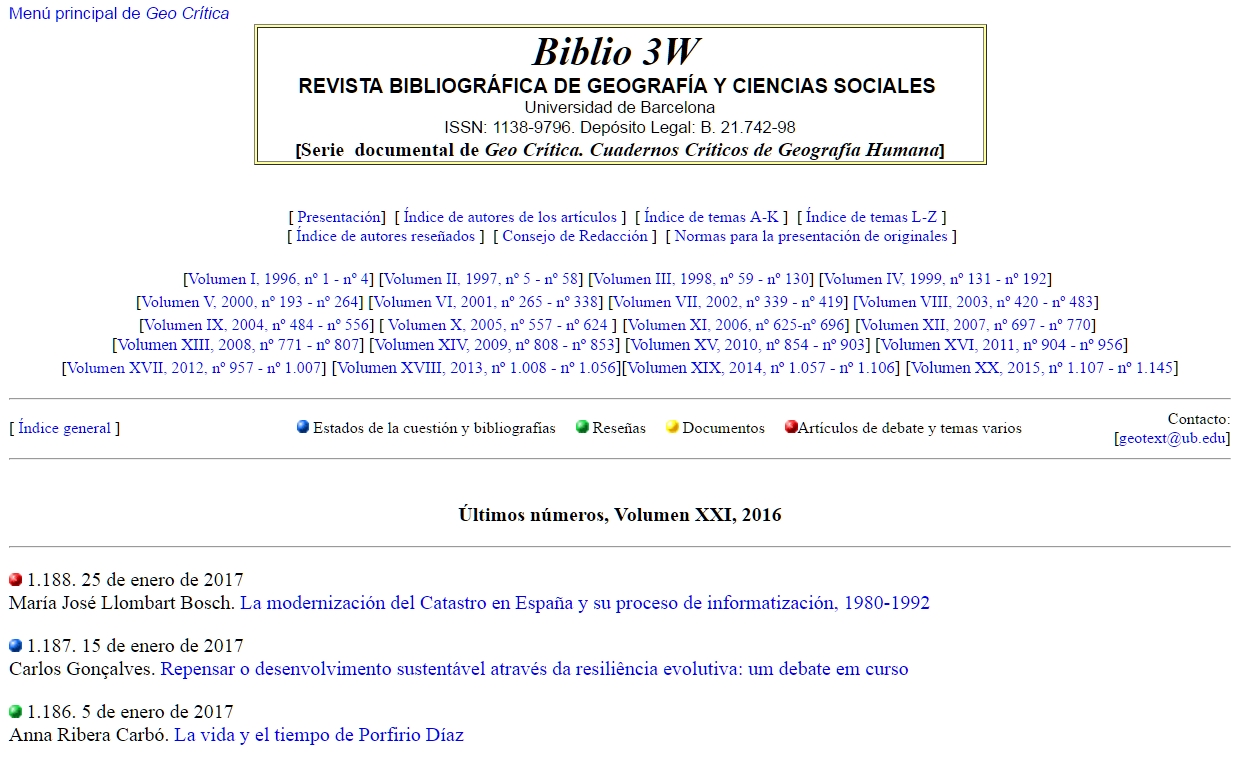The right to housing in the context of the Plan Especial Urbanístico de Alojamientos Turísticos (PEUAT) of Barcelona and its predecessor plans
Article Sidebar

Main Article Content
Miriam-Hermi Zaar
Mass tourism has increased the supply of tourist accommodation and has encouraged the emergence of new modalities, which has been linked to the process of real estate speculation, the high percentage of floating population and the loss of the social tissue of much of Barcelona's neighbourhoods. With the objective of attends citizen demands, whose claims indicated the need to guarantee the right to housing and the quality of life facing of policies to stimulate tourism activities and the expansion of tourist accommodation, in the last two decades, several regulations have been approved, with different levels of social commitment. Among them, are the Plan Especial Urbanístico de Alojamientos Turísticos (PEUAT), 2017 end the plans that preceded it as the Planes Especiales dels Establiments de Concurrencia Pública, Hotelería i Altres Serveis de Ciutat Vella 2000, 2005, 2010 and 2013, the Plan Estratégico de Turismo de la Ciudad de Barcelona 2010-2015 and the Especial Plans of Establiments de Concurrència Pública i Altres Activitats a l'Àmbit del Casc Antic d'Horta (2015), del Districte de Gràcia y del Barri del Poble Sec (2016), which will be object of reflection. In relation to the PEUAT, a detailed analysis is presented which indicates its progress and limitations.
Keywords
PEUAT of Barcelona, right to housing, tourist accommodation, tourist house
Article Details
How to Cite
Zaar, Miriam-Hermi. “The right to housing in the context of the Plan Especial Urbanístico de Alojamientos Turísticos (PEUAT) of Barcelona and its predecessor plans”. Biblio 3w: revista bibliográfica de geografía y ciencias sociales, https://raco.cat/index.php/Biblio3w/article/view/329016.
Rights
Copyright
El/la autor/a que publica en esta revista está de acuerdo con los términos siguientes:
- El/la autor/a conserva los derechos de autoría y otorga a la revista el derecho de primera publicación de la obra
- Los textos se difundirán con la licencia de reconocimiento de Creative Commons que permite compartir la obra con terceros, siempre que éstos reconozcan su autoría, su publicación inicial en esta revista y las condiciones de la licencia.
Most read articles by the same author(s)
- Miriam-Hermi Zaar, Agricultura urbana: algunas reflexiones sobre su origen e importancia actual , Biblio 3w: revista bibliográfica de geografía y ciencias sociales: 2011: Vol.: 16